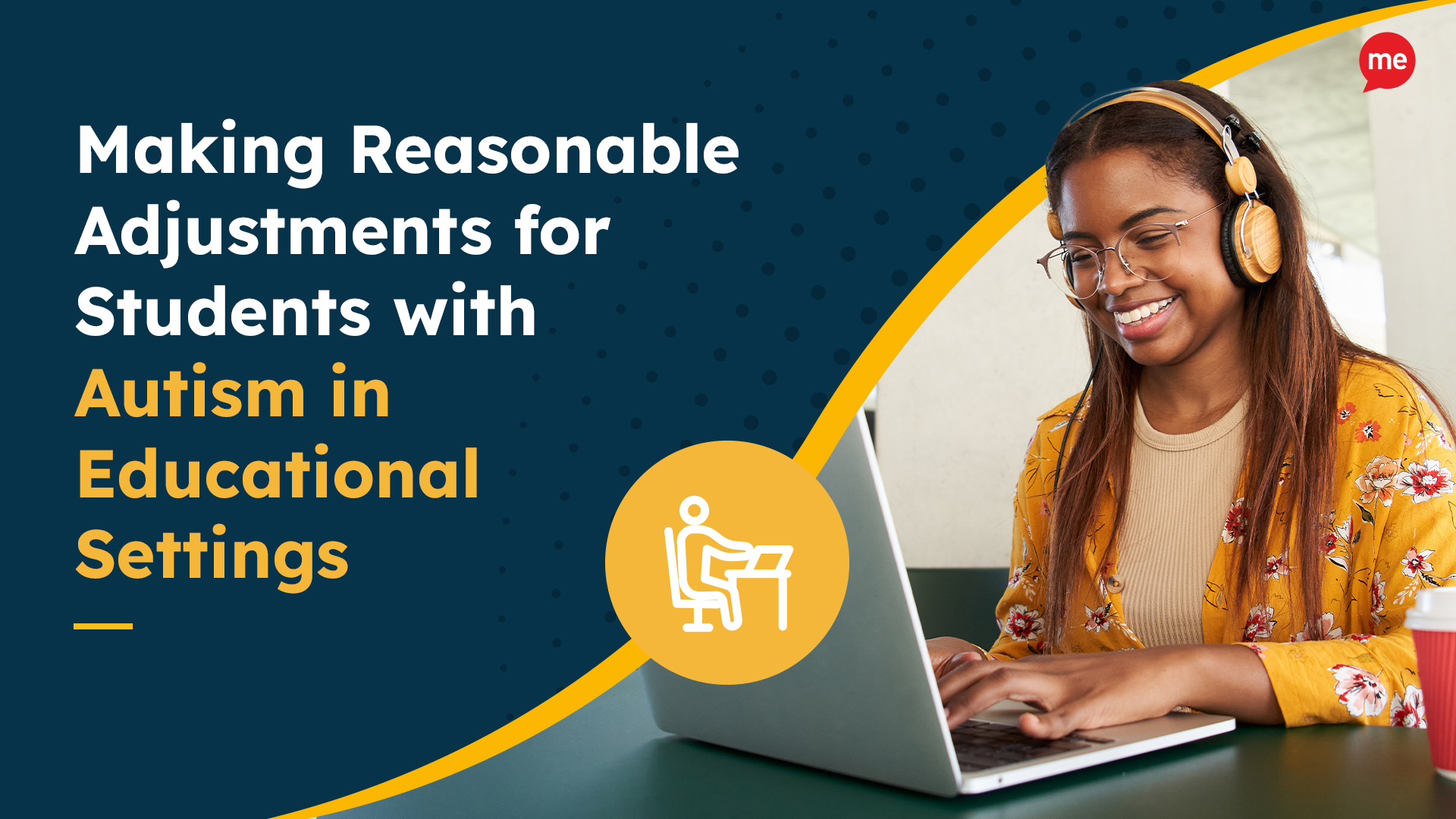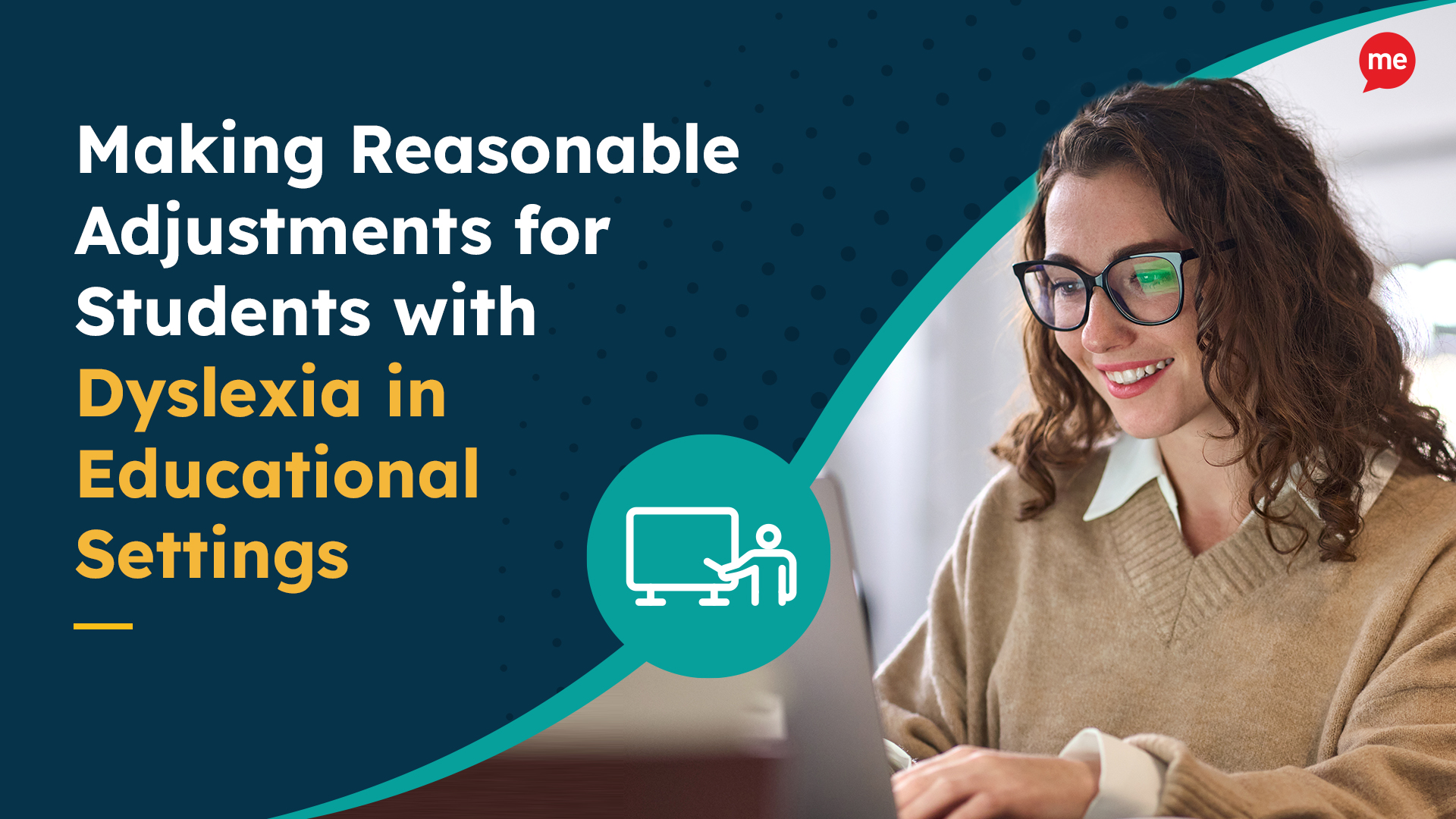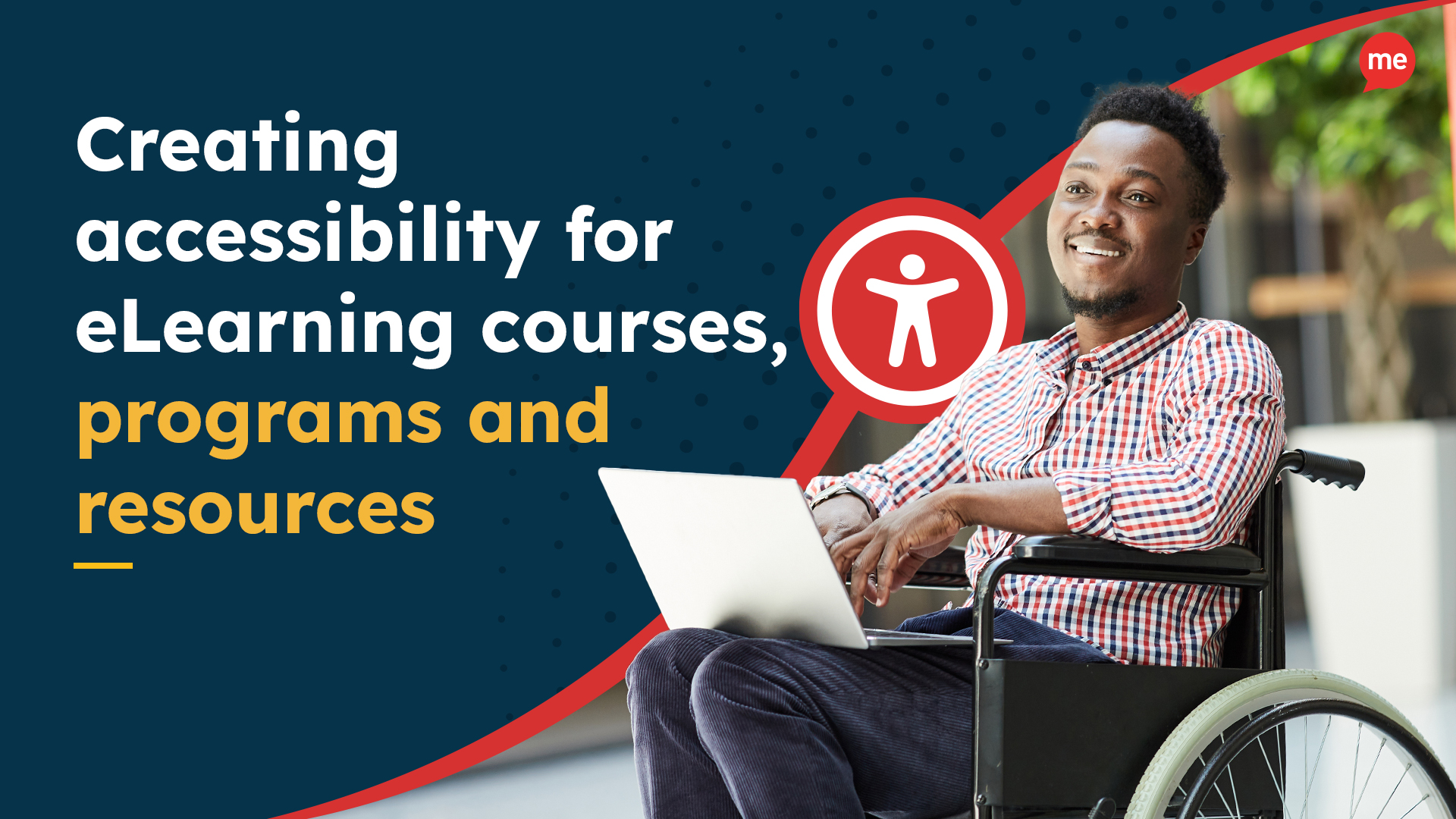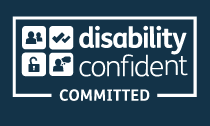There were more than 44,000 UK-students with a known disability studying full-time first degree courses in 2015-16, according to data from the Higher Education Funding Council for England.
More than forty per cent of these students were in receipt of Disabled Students’ Allowances (DSAs).
Your disabled students can apply for DSAs to help them pay for some of the extra costs they incur because of a mental health problem, long term illness or any other disability.
What DSAs can pay for
DSAs can help your disabled students with the costs of:
- specialist equipment, e.g computer hardware or software that is needed because of a disability
- non-medical helpers
- extra travel because a disability
- other disability-related costs of studying
DSAs cover specialist equipment like assistive technology, whether that’s hardware like screen-readers or cloud-based software like Recite Me.
Recite Me can help your disabled students to learn
Recite Me allows students to customise a website the way they need it to work for them.
It offers users options including text to speech functionality, dyslexia software, an interactive dictionary, a translation toolbar with over 100 languages and new changes.
As a company, Recite Me is an accredited supplier for DSA funded accessibility software, which means your students can use their DSA to buy Recite Me to help support their learning.
Changes to what DSAs cover and what universities must now pay for
However, there has been a change in the responsibility for higher education providers, which are now required to provide certain aspects of disability related support previously funded via the DSAs.
In January The Disabled Student Sector Leadership Group (DSSLG) published a report on how higher education providers can ensure they are equipped to support disabled students.
It helps higher education providers to consider this by looking at the requirements to provide ‘reasonable adjustments’ under The Equality Act (2010).
The report says: “…there are some very simple changes that can make a significant difference to student outcomes around inclusive practice:
“Housing all teaching materials on the virtual learning environment in such a way that students can access them when they are needed, before or after formal teaching;
“Improve the accessibility of all materials provided (even if just with the right sub-headings or an appropriate use of font).”*
Up-to-date information should be accessible to all of your students
If you want to ensure you’re supporting your students by making your academic web content accessible to everyone book a free trial of Recite Me for your university now or test out our free accessibility web checker.
*(‘Inclusive Teaching and Learning in Higher Education as a route to excellence’, 2017, pp19).






